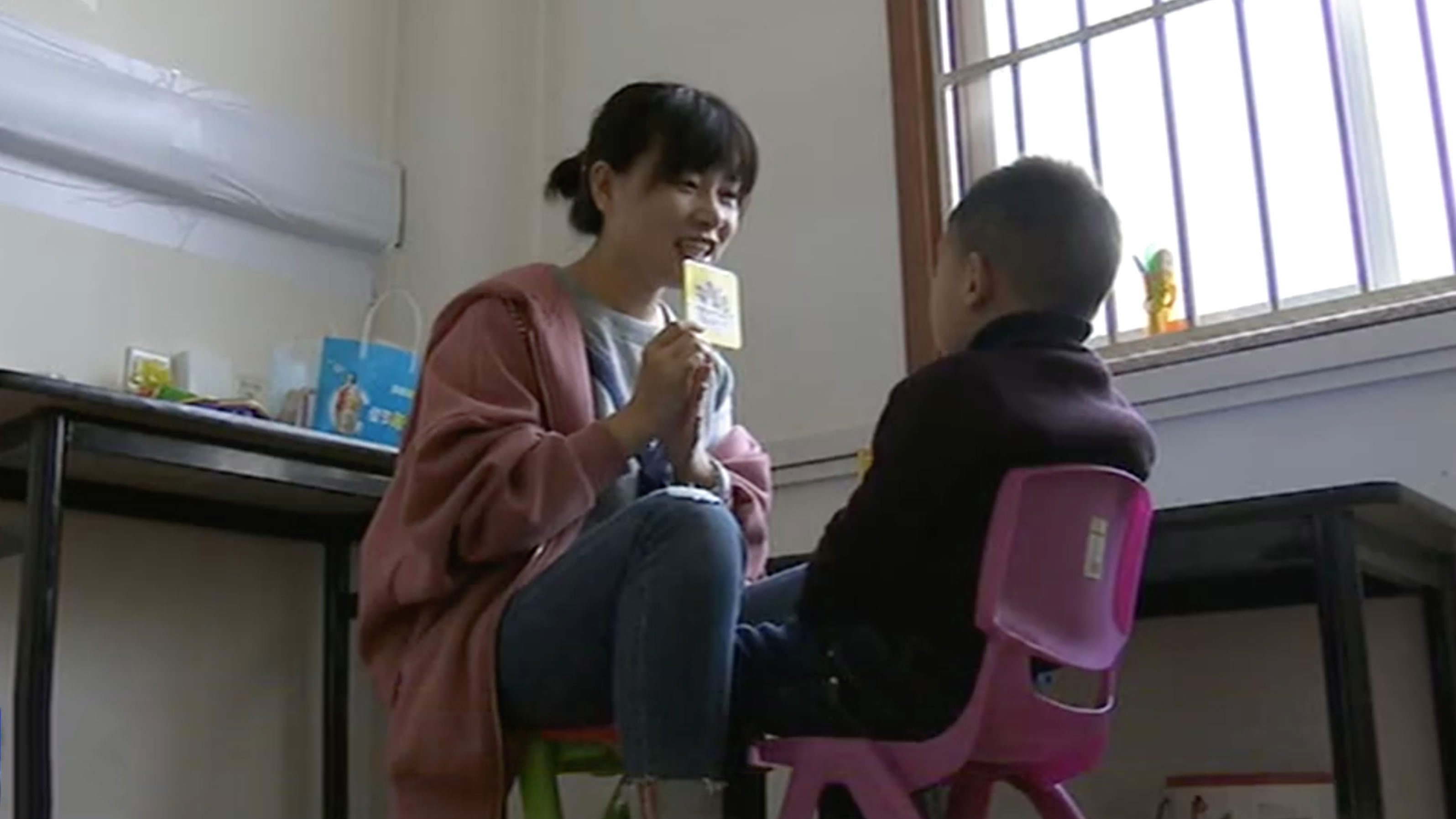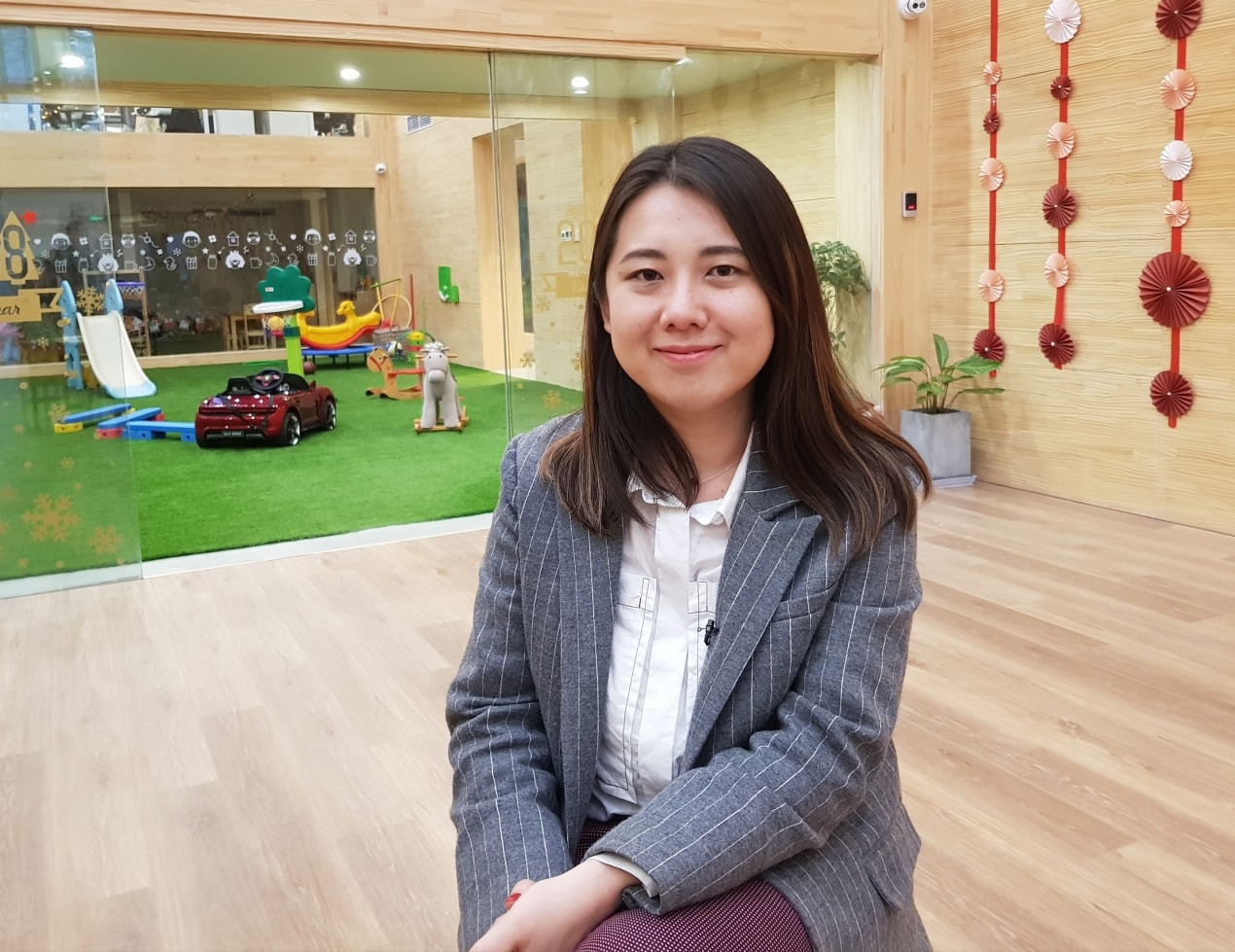
Culture
17:34, 03-Apr-2018
More to tackle in China’s autism education space
By Wei Lynn Tang

While China has stepped up efforts to tackle special education in recent years, challenges still remain for the local autism community.
Zhang Yueheng, Director of Beijing Daxing Me & You Autistic Child Care Center said that while China has gradually moved in line with international standards, its special education landscape still lags behind.
“Maybe it’s because we started a bit late in this. But in terms of investment and treatment of special education teachers, their career planning we still lack in comparison,” he said.
He called for the government to increase its investment in special education and improve the teacher’s pay to allow them to better do their job in rehabilitation services.
“This industry is considered a public welfare one, but the costs of these kids are mostly self-covered, where only those with Hukou (Beijing household registration) are given some rehab subsidies. Even then, it is sorely inadequate,” Zhang said.
“Potentially up to half of some household’s income is spent on the kid, with one family member having to attend to the kid and unable to work. It is a burden to the family.”
He brings to attention the fact that this disorder cannot be cured in just two to three years, and that those aged 18 years and above can be a societal burden – something the authorities have yet to properly register.
High staff turnover
For Doctor Xu Ziwei, Director of Academic Affairs at Beijing Ing Care, the huge staff turnover in this field serves as the biggest challenge. “It’s hard to hire credential staff, and it’s harder to retain them when they are very good,” she said.
Two reasons, she cites were the lack of professionals with credentials who can help the front-line staff grow, and the lack of degree programs available at the higher education level.
For the former, Dr. Xu said: “I have met many staff who would love to work with kids with autism, but they do not get enough supervision in terms of what and how to handle them – what’s wrong, and what’s right.”
This is why Ing Care, which principally started with selling online courses to parents and teachers, has now ventured into also teaching and training potential teachers on-site.

Dr. Xu Ziwei is a Board Certified Behaviour Analyst and has a Ph.D. in Applied Behaviour Analysis from Ohio State University. /CGTN Photo
Dr. Xu Ziwei is a Board Certified Behaviour Analyst and has a Ph.D. in Applied Behaviour Analysis from Ohio State University. /CGTN Photo
Dr. Xu applies the evidence and data-based progress evaluation system at the center, which she uses to assess a child’s capabilities and progress.
“One of our kids used to only eat a certain fish and watermelon, of which his restricted interest has impacted his nutrition intake. But after three months, he now eats everything,” she said.
Beyond governmental support, Dr. Xu cited the need to have a healthcare system to support the parents. For example, in the United States, she said, behavior therapy is paid for by insurance.
The way forward: Inclusive education
China said it plans to offer nine-year compulsory education for over 95 percent of students with disabilities by 2020.
Autism spectrum disorder is estimated to affect 10 million people in China.
Chen Xia, a mother of a six-year-old autistic child, says while welfare provided for kids has been slowly increasing, China’s special education system is still weak – where special education teachers in public primary schools are almost non-existent.
Her son, who attends Beijing Daxing Me & You Autistic Child Care Center, is at the age where he is about to attend primary school.
“We request the government to implement a more inclusive educational system, to allow some integrated classes and deploy a special education teacher in those classes. Because it is costly to continuously come to a rehab center,” Chen said.
“A lot of families face the same problem of not being able to send their kids to primary school,” she added, comparing, cities such as Guangzhou and Shenzhen are relatively more inclusive.
Zang Yufeng, the education supervisor at Beijing Daxing Me & You Autistic Child Care Center, said the center is exploring ways of how to combine the education system of a rehab organization with that of the family and society, and not for families to rely solely on organizations.

SITEMAP
Copyright © 2018 CGTN. Beijing ICP prepared NO.16065310-3
Copyright © 2018 CGTN. Beijing ICP prepared NO.16065310-3